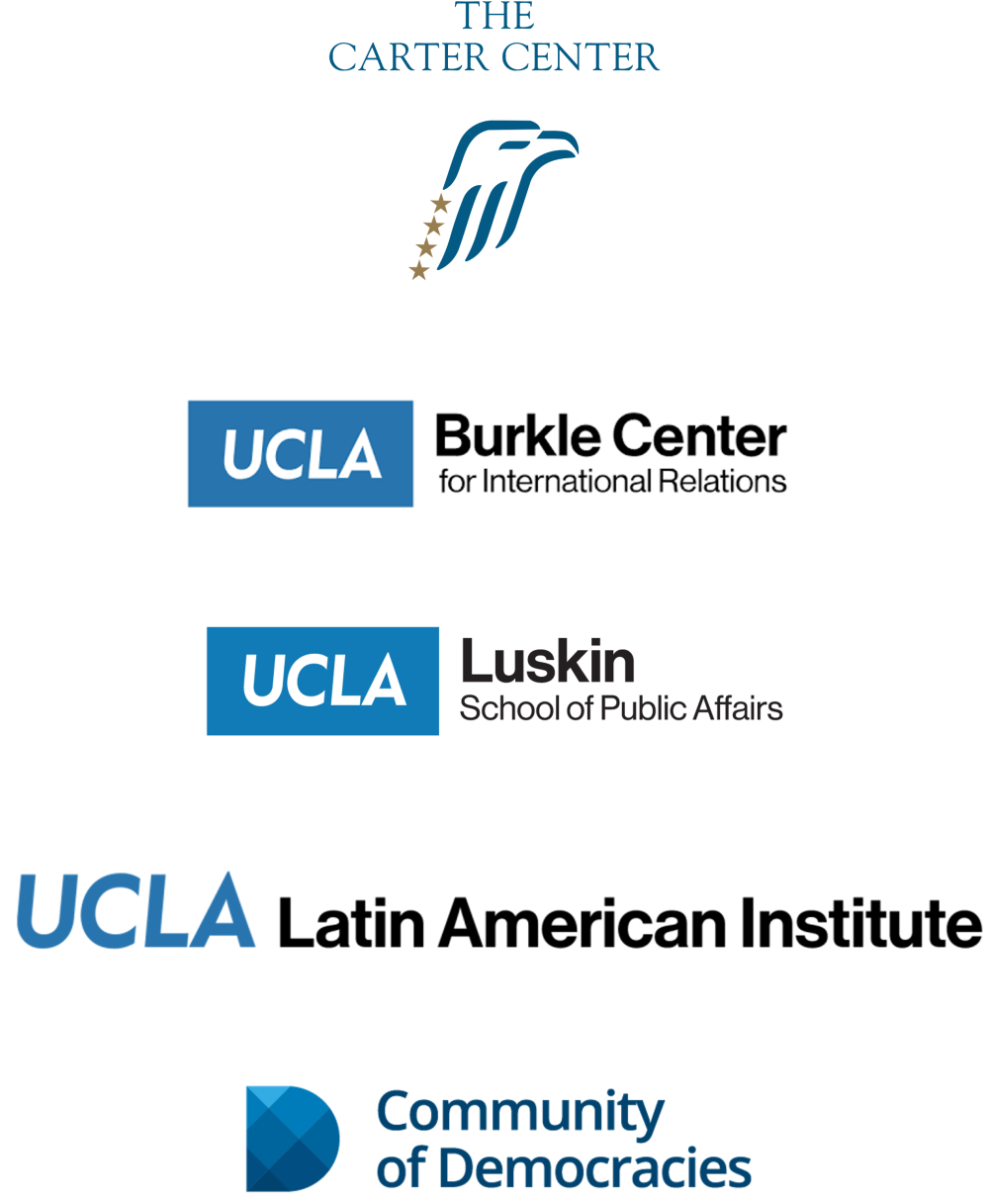Safeguarding Democracy in the Americas: How to Strengthen the Inter-American Democratic Charter, 20 Years After Its Adoption
This year’s Ninth Summit of the Americas takes place amid a steady erosion of democratic values in the hemisphere. Indeed, the defense of democracy is a defining challenge for this region.
Twenty years ago, to safeguard the region’s hard-fought democratic gains, every country in the region except Cuba signed onto the Inter-American Democratic Charter. The transitional government of Peru created the initial proposal for a charter shortly before the Third Summit of the Americas in April 2001, held in Canada. In the “Declaration of Quebec City” produced at the summit, leaders agreed that democracy and the rule of law were an “essential condition” for participation in the summit process, and emphasized the need for better tools to defend democracy in the hemisphere. On September 11, 2001, in Lima, Peru, during a special session of the Organization of American States (OAS) General Assembly, foreign ministers from the 34 democratic countries of the Americas adopted the Inter-American Democratic Charter.
Building on the OAS Charter, this historic agreement made democracy a ticket for participation in the OAS and in the summit process, and created new mechanisms to address democratic backsliding. There are many success stories. But the charter’s tools, and its enforcement by OAS member states, have not been infallible. Today, despite numerous proposals to improve the application of the charter, there are three authoritarian states in Latin America and many others in the Western Hemisphere where the balance of power, judicial independence and civil liberties have greatly diminished. At the same time, millions of citizens across the region have lost faith in democracy. This year’s Summit of the Americas offers an opportunity to consider what has led to successes in the region and to find solutions to urgent challenges.
On June 8, in Los Angeles, the Latin American Program at the Woodrow Wilson International Center for Scholars, the Burkle Center for International Relations, Latin American Institute and the Luskin School of Public Affairs at the University of California, Los Angeles (UCLA), The Carter Center, and the Community of Democracies convened experts and senior leaders to discuss ways to strengthen the collective defense of democracy in the Americas. This regional democracy dialogue, took place on the margins of the Summit of the Americas, was designed to generate and advance realistic policy recommendations to improve the charter’s application by OAS member states and adopt other measures to strengthen democratic governance in the region.
Watch
-
Keynote Speech and Q&A with President Gabriel Boric of Chile
-
Session I: Diagnosing the Challenges to Democratic Governance
-
Session II - Solutions to the challenges to democracy
-
A conversation with Ms. Uzra Zeya, US State Department
Introduction

Keynote Speakers
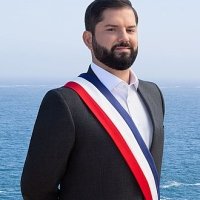
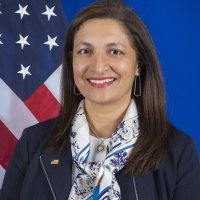
Moderators


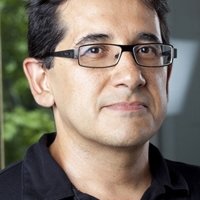
Panelists

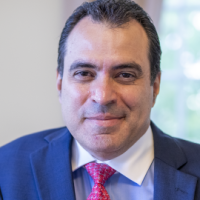
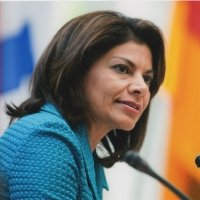
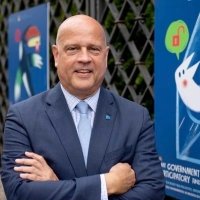


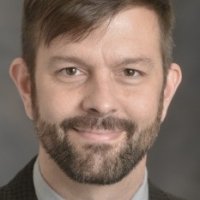
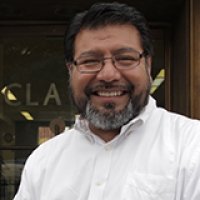
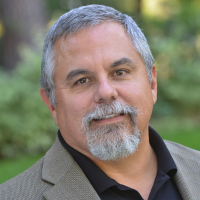
Hosted By

Latin America Program
The Wilson Center’s prestigious Latin America Program provides non-partisan expertise to a broad community of decision makers in the United States and Latin America on critical policy issues facing the Hemisphere. The Program provides insightful and actionable research for policymakers, private sector leaders, journalists, and public intellectuals in the United States and Latin America. To bridge the gap between scholarship and policy action, it fosters new inquiry, sponsors high-level public and private meetings among multiple stakeholders, and explores policy options to improve outcomes for citizens throughout the Americas. Drawing on the Wilson Center’s strength as the nation’s key non-partisan policy forum, the Program serves as a trusted source of analysis and a vital point of contact between the worlds of scholarship and action. Read more


Argentina Project
The Argentina Project is the premier institution for policy-relevant research on politics and economics in Argentina. Read more


Brazil Institute
The Brazil Institute—the only country-specific policy institution focused on Brazil in Washington—aims to deepen understanding of Brazil’s complex landscape and strengthen relations between Brazilian and US institutions across all sectors. Read more


Canada Institute
The mission of the Wilson Center's Canada Institute is to raise the level of knowledge of Canada in the United States, particularly within the Washington, DC policy community. Research projects, initiatives, podcasts, and publications cover contemporary Canada, US-Canadian relations, North American political economy, and Canada's global role as it intersects with US national interests. Read more


Mexico Institute
The Mexico Institute seeks to improve understanding, communication, and cooperation between Mexico and the United States by promoting original research, encouraging public discussion, and proposing policy options for enhancing the bilateral relationship. A binational Advisory Board, chaired by Luis Téllez and Earl Anthony Wayne, oversees the work of the Mexico Institute. Read more

